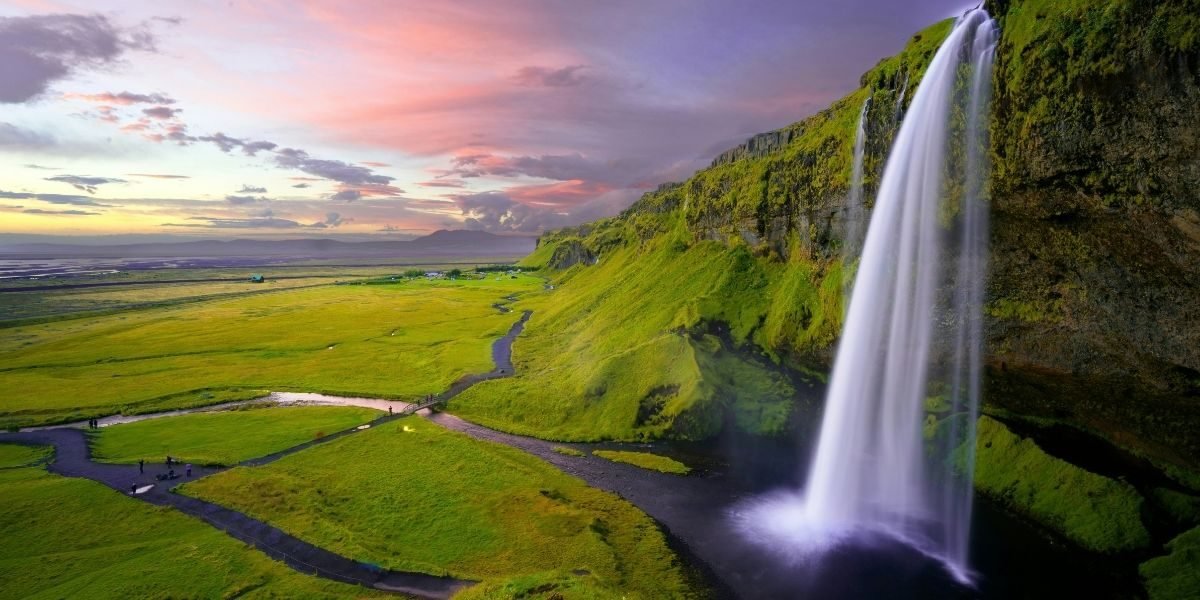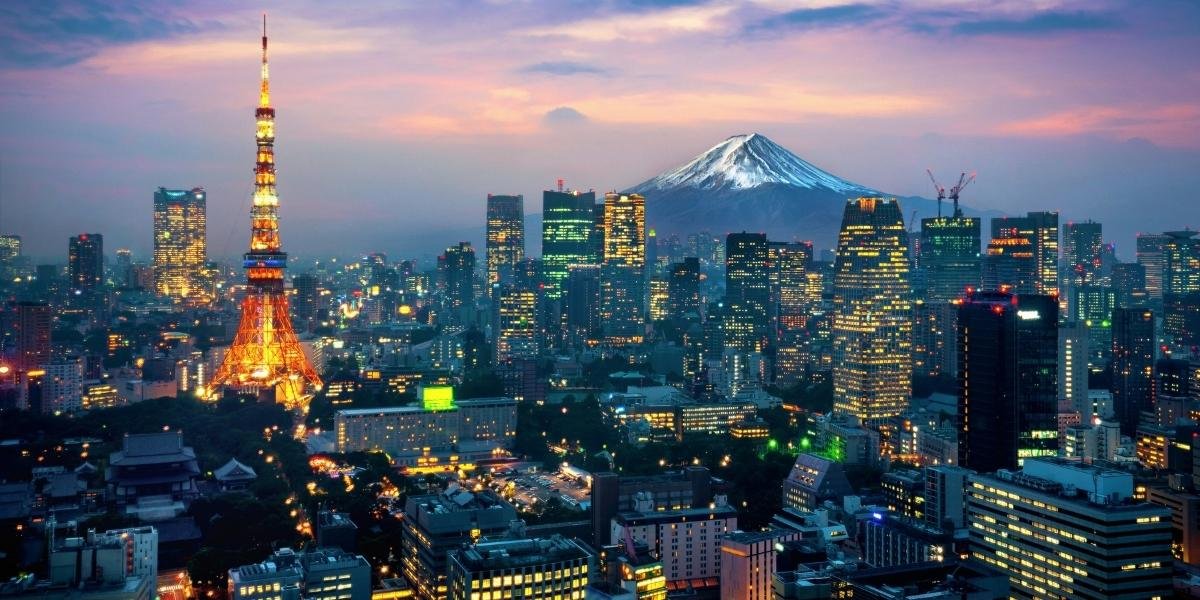Iceland: A Land Forged by Fire and Ice, Where Nature Reigns Supreme and Culture Thrives
Iceland is a land of contrasts, a place where fire and ice coexist in a breathtaking dance that has shaped not only its geography but also its culture and identity. This volcanic island, perched on the Mid-Atlantic Ridge, boasts glaciers and geysers, lava fields and icy fjords, all woven together to create one of the most dramatic landscapes on Earth. But Iceland is much more than its physical wonders. It is a society deeply intertwined with nature, a culture forged in resilience and creativity, and a nation that embraces both ancient tradition and modern innovation. This article explores the geological forces that shaped Iceland, the natural phenomena that define it, its vibrant cultural heritage, commitment to sustainability, and the dynamic balance between preservation and progress.
Read Also: Unforgettable Bucket List Travel Destinations
The Geological Story: How Fire and Ice Shaped Iceland
Iceland’s story begins beneath the Earth’s surface, where the North American and Eurasian tectonic plates diverge along the Mid-Atlantic Ridge. This unique geological setting results in intense volcanic activity that has built much of the island’s rugged terrain. Volcanoes such as Eyjafjallajökull, infamous for its 2010 eruption that disrupted air travel worldwide, and Hekla, one of the country’s most active volcanoes, continue to remind residents and visitors of Iceland’s fiery origins.
At the same time, vast glaciers, including Vatnajökull—the largest ice cap in Europe—slowly carve valleys and shape the landscape through millennia of ice movement. The coexistence of volcanic heat and glacial ice creates spectacular phenomena: steaming hot springs bubbling up next to sheets of snow, and volcanic eruptions melting ice caps to form glacial floods called jökulhlaups.
This interplay between fire and ice has influenced everything from settlement patterns to energy use. Icelanders have harnessed geothermal power from underground heat sources, using it to warm homes and generate electricity in a sustainable and efficient manner. This intimate relationship with the Earth’s raw forces is central to Iceland’s identity.
Natural Wonders: The Spectacle of Iceland’s Landscape
Iceland’s natural beauty is world-renowned. The Northern Lights, or Aurora Borealis, illuminate dark winter skies with vibrant curtains of green, pink, and purple, drawing travelers from around the globe. The country’s waterfalls are iconic, with Gullfoss cascading into rugged canyons and Seljalandsfoss offering visitors the unique experience of walking behind a veil of water.
The geothermal activity has created other marvels, such as the Blue Lagoon, where warm, mineral-rich waters provide a therapeutic oasis amid lava fields. National parks like Þingvellir, a UNESCO World Heritage Site, not only showcase stunning landscapes but also hold historical significance as the site of the world’s oldest parliament. Iceland’s wildlife, from the hardy Icelandic horse to puffins nesting on cliffs, reflects adaptation to its challenging environment. These natural wonders are both a source of pride and a reminder of the delicate balance that sustains life in this northern land.
Culture Rooted in History and Nature
Icelandic culture is deeply connected to the land and its dramatic environment. Settled by Norse explorers in the late 9th century, Iceland has preserved many elements of its Viking heritage. The Icelandic language remains closely related to Old Norse, and the medieval sagas continue to be treasured literary works. The isolation imposed by Iceland’s geography fostered a tight-knit society reliant on cooperation, oral traditions, and resourcefulness. This resilience is evident in the people’s approach to modern challenges, from harsh winters to economic crises.
Cultural expressions such as music, art, and literature often draw inspiration from nature’s power and beauty. Artists like Björk have brought Iceland’s unique aesthetic to the international stage, blending traditional motifs with avant-garde creativity. Festivals and rituals celebrate seasonal cycles and natural phenomena, reinforcing the deep bond between people and place. This intertwining of culture and environment gives Iceland its distinct and enduring character.
Sustainability: Living in Harmony with Nature
Sustainability is not merely a trend in Iceland—it is a necessity shaped by its environment and history. The country is a leader in renewable energy, with geothermal and hydropower providing the vast majority of electricity and heating. This commitment has significantly reduced reliance on fossil fuels and positioned Iceland as a model for green energy. Fishing, historically vital to the economy, is managed with strict quotas to preserve marine ecosystems. Iceland also invests in research and conservation efforts to protect its unique flora and fauna.
Urban development emphasizes environmental responsibility, and ecotourism is promoted to minimize the impact on fragile ecosystems while educating visitors. Iceland’s approach reflects a broader philosophy of stewardship, recognizing that preserving natural resources is essential for future generations.
Read Also: Why Cooler Destinations Are Worth the Travel
Balancing Tradition and Innovation in a Changing World
While deeply proud of its heritage, Iceland embraces innovation and change. Reykjavik, the capital, is a vibrant center for technology startups, design, and music, blending old and new in creative harmony. Education and research institutions lead advancements in environmental science, renewable energy, and cultural preservation. Social policies promote equality, well-being, and community engagement, contributing to high standards of living.
Tourism, a major economic driver, is carefully managed to balance growth with sustainability. Initiatives encourage responsible travel and highlight Iceland’s cultural richness beyond its natural attractions. This dynamic interplay between tradition and modernity allows Iceland to navigate global challenges while maintaining its unique identity.








